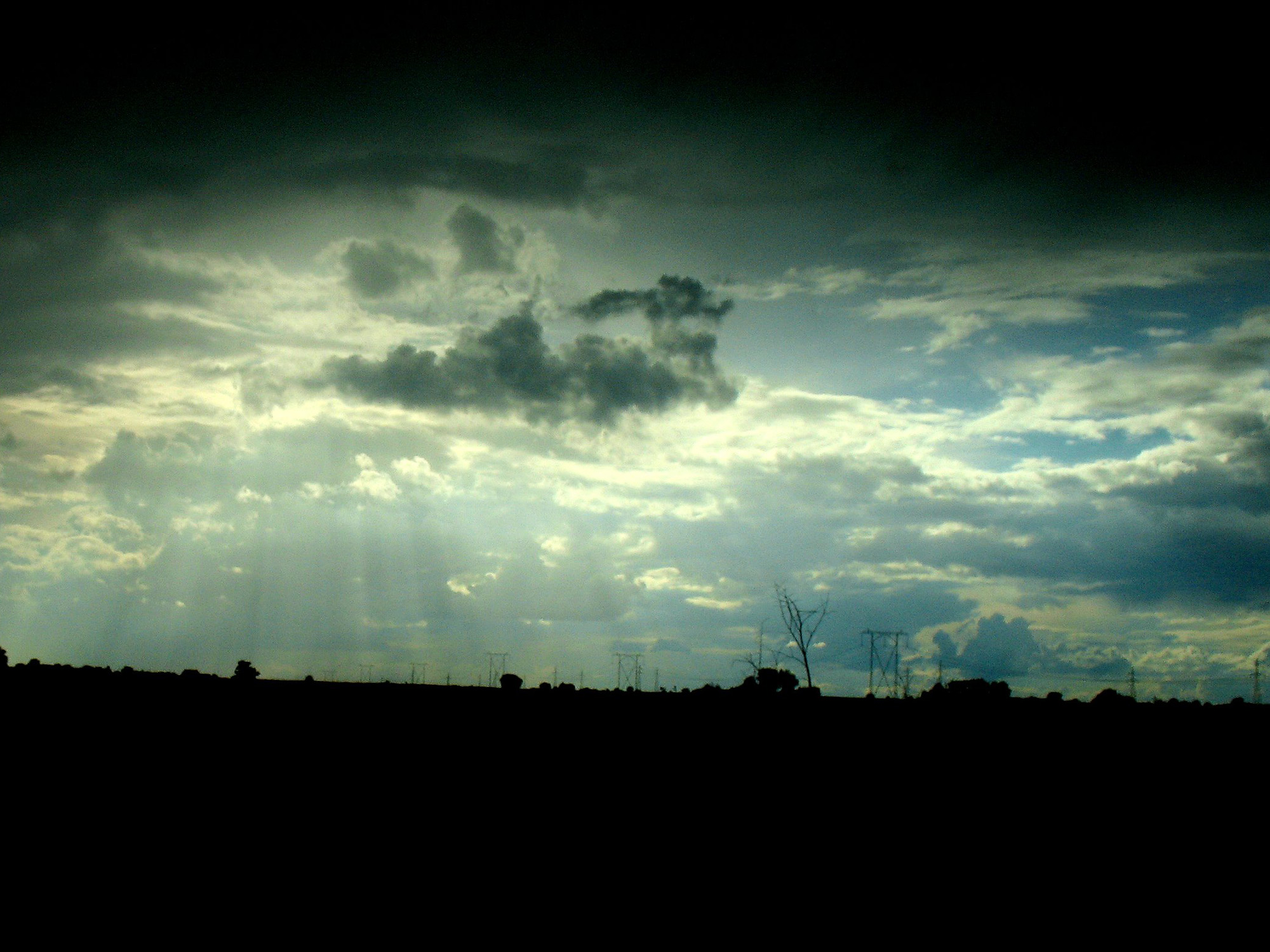This article is part of the weekly Seneca series. New articles will be published every Thursday.
Since this is the thirteenth part of the Seneca series, I could get afraid of bad luck (if I were superstitutious). However, that would hardly be a Stoic thing to do. In true Stoic fashion, Seneca advises us to limit our fear, because we simply don’t know what will happen in the future. And if we don’t know what will happen, why then worry about it? We often imagine our lives taking a turn for the worse. That important decision we have to make might go terribly wrong, or this upcoming meeting may become a disaster. It is interesting to see how skilled we are in imagining misfortune. Especially since most of our worst-case scenarios don’t play out in reality.
As Seneca says:
There are more things, Lucilius, likely to frighten us than there are to crush us; we suffer more often in imagination than in reality. (…) What I advise you to do is, not to be unhappy before the crisis comes; since it may be that the dangers before which you paled as if they were threatening you, will never come upon you; they certainly have not yet come.
He continues stating that we can either exaggerate, imagine or anticipate sorrow. But in the end, it is all a matter of perspective. The future can surprise us – in a positive or negative way. The best thing we can do is to deal with it when it comes, and don’t be anxious about it in advance.
How often has the unexpected happened! How often has the expected never come to pass! (…) You will suffer soon enough, when it arrives; so look forward meanwhile to better things. (…) Even bad fortune is fickle. Perhaps it will come, perhaps not; in the meantime it is not. So look forward to better things.
Look forward to better things, indeed. For the things you worry about are not sure to happen. And often, they are not in your control. And what if misfortune hits you anyway (this will happen to everybody sometime)? Then deal with it:
Let another say. “Perhaps the worst will not happen.” You yourself must say. “Well, what if it does happen? Let us see who wins!
Every catastrophe is a training exercise. Every disaster can be a blessing in diguise.
No prizefighter can go with high spirits into the strife if he has never been beaten black and blue; the only contestant who can confidently enter the lists is the man who has seen his own blood, who has felt his teeth rattle beneath his opponent’s fist, who has been tripped and felt the full force of his adversary’s charge, who has been downed in body but not in spirit, one who, as often as he falls, rises again with greater defiance than ever.
So don’t worry about misfortune in the future. And for the present, don’t let a few hits take you down for good. Rise up and confront Fortune. Stand firm in the current of your life, even if hits you with full force. A trained man is a strong man and a strong man has the ability to be happy.
Be sure you don’t miss any step of your Stoic Journey. To get notified whenever a new article is published, please click here to subscribe. Thanks!

